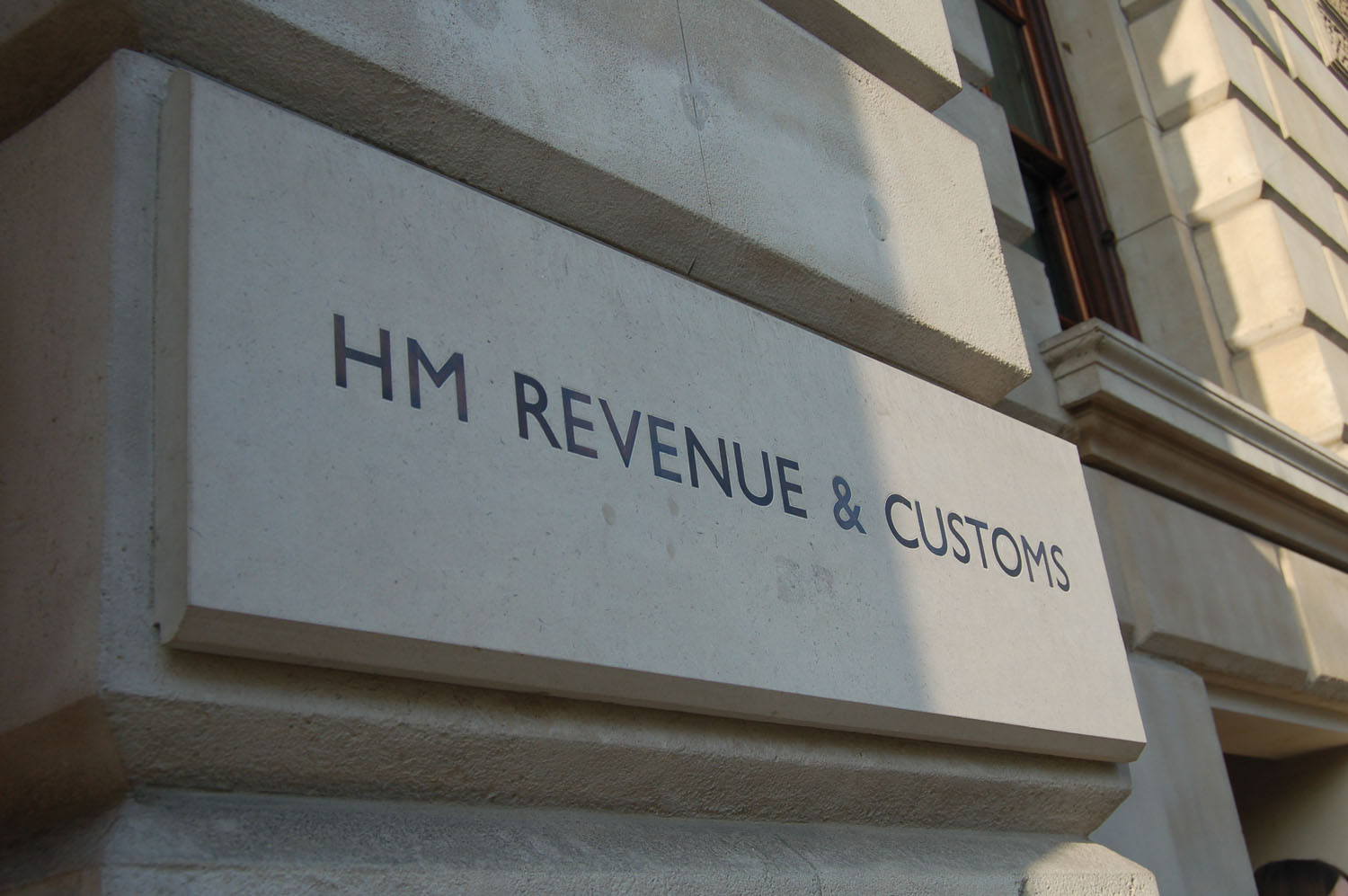Second Charge Lending
Helping your clients pay their tax bills: Broker case study

Guest Author:
Scott Thorpe, director, London Money LoansNo one likes brown envelopes dropping through the letter box , even less so when those envelopes have HMRC stamped all over them.
It is that time of year again when returns are returned, piggy banks smashed open and we all weep a silent tear into our pillows. Still, we pay our tax and move on.
But not always. There are a large and possibly increasing number of people who fail to pay the correct amount of tax either through accident or design. Historically this has been a problem for brokers as we know from experience that lenders will rarely, if ever, allow capital raising to settle with the tax man. But in the second charge market the opposite is true and little known outside of the industry.
We can’t speak for other brokers but they are missing a trick if they are not advising this is as an option should a client enquiry arise. The tide and the tax man wait for no one so if you get a client with a final demand the chances are they are at the end of the road and need immediate and professional help. This is where a second charge option needs to be in the brokers armoury.
Since the Mortgage Credit Directive came in last year there should be no reason why a second charge loan cannot be funded within three to 21 days regardless of the complications. An ideal solution when some clients will have received a letter from HMRC saying they are due to visit imminently to value their chattels.
Our advice which is true of any case is to be as open and transparent from day one as possible. The lenders will want an explanation for the tax bill but provided that is lucid and believeable the second charge lenders take a common sense approach. They will look at the road ahead for the client and the business rather than underwrite the situation via the rear view mirror.

The new-build energy advantage
Sponsored by Halifax Intermediaries
We had a recent example where an IT contractor needed to raise £100k very quickly due to a challenge by the HMRC on the umbrella structure she was using. There was equity in the property but on paper her income was barely £10k. But there was at least £75k that could be evidenced on her bank statements. The clock was ticking and as far as we knew no lender had completed such a deal before in the industry. But, at the 11th hour, we found one and the complex situation was resolved. Interestingly enough the lender in question has subsequently rewritten its criteria to now accommodate similar, future enquiries.
The broker was nervous about this enquiry but we were more than happy to speak to HMRC on the client’s behalf to explain the situation and keep them abreast of timings and developments.
Anyway, I’ll have to go now. I need to get my tax return submitted by the 1 February, right?
The deadline for submitting online tax returns is 31 January.
